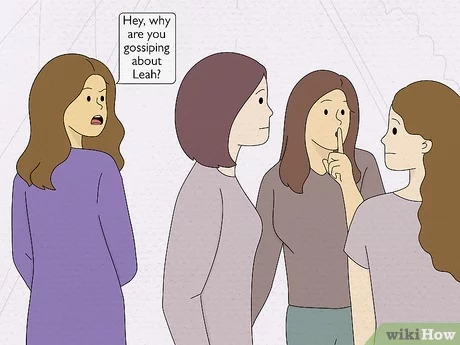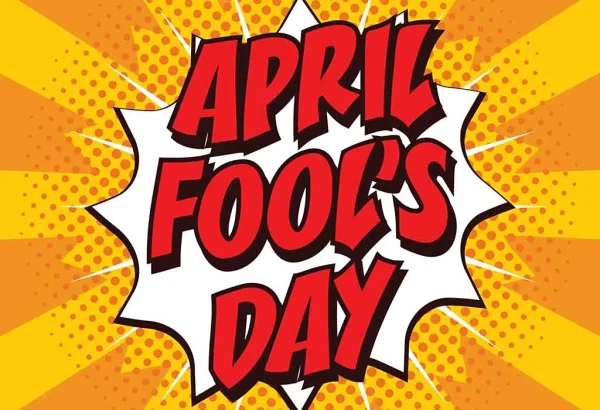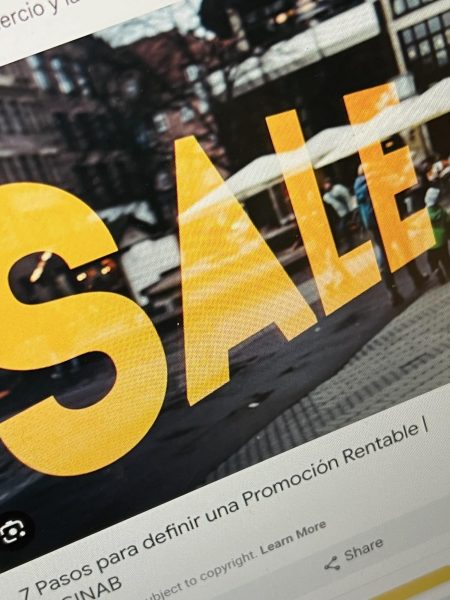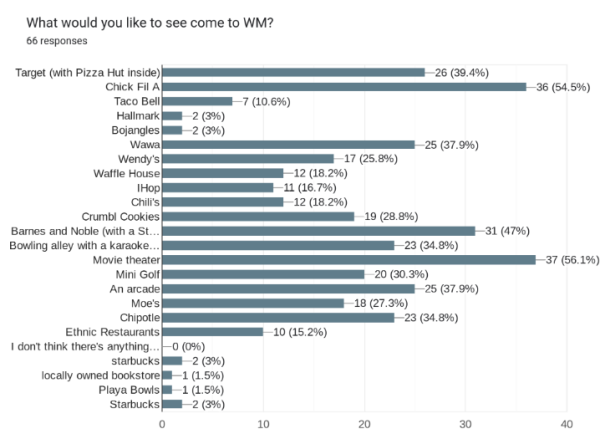Nike fails in corporate activism
After being launched into the international spotlight two years ago due to his initial decision to kneel during “The Star-Spangled Banner”, Colin Kaepernick again strikes outrage and controversy for his feature in the Nike “Dream Crazy” campaign. Alongside athletes like Serena Williams, LeBron James, and Odell Beckham Jr., Nike selected Kaepernick as a face for the company’s new message: using athletics to “move the world forward”. Bolstered by sponsors often seen in the news alongside their political statements, the campaign combines many aspects of the hard work needed for sports and social activism alike.
When prodded about the campaign, Jocelyn Moore, the NFL’s executive vice president of communications, released a statement stating that the NFL “believes in dialogue, understanding, and unity. [It] embrace[s] the role and responsibility of everyone involved with [the] game to promote meaningful, positive change”. She also insisted that the social issues raised by the original protesters–namely racism, although the protest was later taken up by various groups like gay and female rights advocates–deserve support and attention.
When he first was outed over social media for his protest, Kaepernick insisted that his intention was to call attention to the issue of police brutality and oppression of minorities. In his first press conference, he reported that “people are dying in vain because this country isn’t holding their end of the bargain up, as far as giving freedom and justice; liberty to everybody.” His message was not received without misgivings, as many claimed he was disrespecting veterans by refusing to stand.
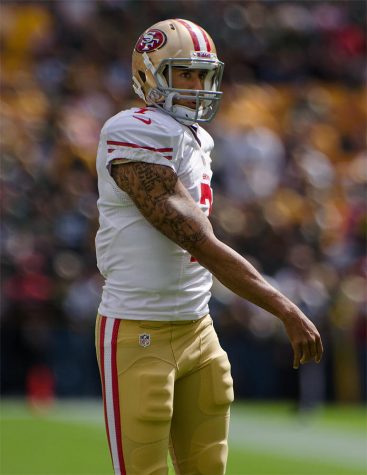
Despite a large social media outcry from Nike’s fan base after their September 5 release of a video featuring Kaepernick’s narration, advocating for people to “stand up for what [they] believe in,” the actual sales report of the corporation didn’t reflect such. Sales rose 31% and dropped 18% throughout the week following the ad’s release, which mirrors the typical ebb and flow of regular retail sales.
If the temporary nature of not only Kaepernick’s initial message, but also the ensuing protests doesn’t sit quite right with you, you aren’t alone. In the same way people boycotted Tarantino films after he called some police officers “murderers” in 2015, or LGBTQ-rights activists condemned Chick-fil-A in 2012 when the CEO said he opposed same-sex marriage, anger over controversial statements fades with convenience. When the public becomes more financially and stylishly inclined to buy Nike products, the public will disregard any statement or disrespect and continue to buy Nike products.
This begs the question of the validity of corporate activism–if it doesn’t yield significant profits, what is the point? Is there really no such thing as bad publicity? The many debates sprung from Kaepernick’s actions rarely circle the issues surrounding social activism in corporate marketing– and how exploiting social issues and the people they affect panders to the masses while completely overlooking the cause. At the end of the day, buying a sneaker or refusing to buy a sneaker does nothing to veterans or victims of police brutality or prejudice.
We may think that the era of Rosa Parks and the Montgomery Bus Boycott is alive and teeming with potential, but recent history and stock prices alike continue to show us that the American economy is too fluctuating to sustain a dip or rise substantial enough to change the values of a Fortune 500 CEO.



